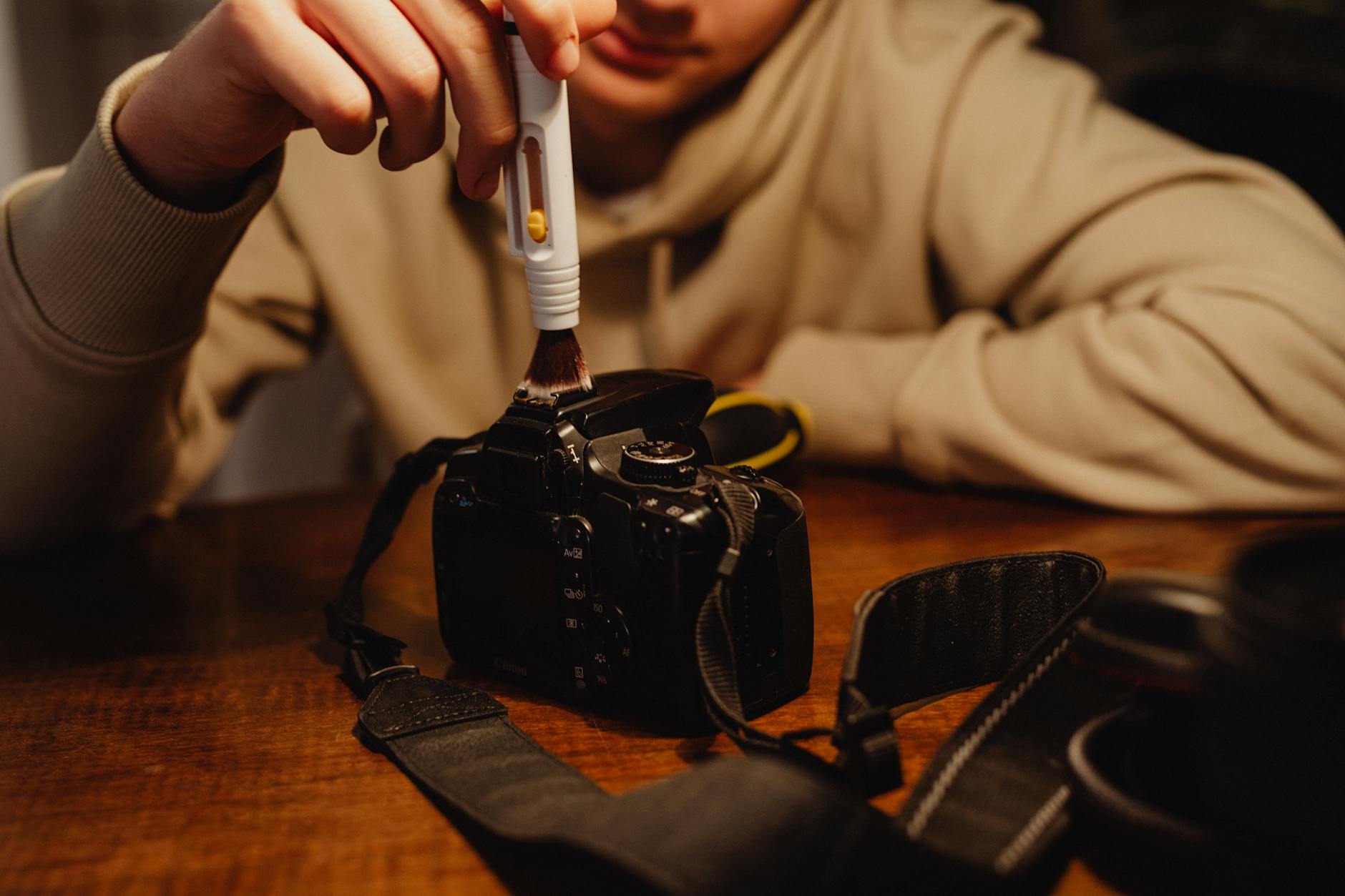What is meditative technology use?
What is meditative technology use?
In our fast-paced world, finding a moment of peace can feel like a daunting task. With endless notifications and information overload, it’s no wonder many people are seeking refuge in meditation. Enter meditative technology use—a bridge between traditional mindfulness practices and modern technology. This innovative approach not only enhances personal well-being but also boosts productivity. By integrating mindfulness with tech, we can cultivate a more balanced existence, even amidst chaos.
Understanding Meditative Technology Use
Definition and Concept
Meditative technology use blends time-honored mindfulness techniques with contemporary technological tools. It encompasses apps, wearables, and gadgets designed to facilitate meditation practices. The goal is to create a seamless experience that encourages mindfulness in our daily routines. Imagine using your smartphone not just for social media but as a tool to enhance your mental clarity and emotional health.
Historical Context
Historically, mindfulness practices trace back thousands of years, rooted in ancient cultures. These practices were traditionally taught through meditation, yoga, and breathing exercises. However, as advancements in technology surged, the integration of mindfulness with digital tools began to evolve. Today, we see apps like Calm and Headspace making meditation accessible to everyone, transforming the way we engage with our minds and emotions.

Photo by Kaboompics.com
Benefits of Meditative Technology Use
Enhancing Focus and Concentration
One of the main advantages of meditative technology is its ability to sharpen focus. Tools designed for meditation can help you drown out distractions and hone in on your tasks. Apps often provide guided sessions that lead you through techniques to improve attention span and mental clarity. With consistent use, you might find it easier to tackle lengthy projects or engage in deep work without feeling overwhelmed.
Reducing Stress and Anxiety
Many studies highlight the profound effect meditation has on stress reduction. By using technology to facilitate these practices, you can access a wealth of resources at your fingertips. Techniques like deep breathing, visualization, and mindfulness can be integrated into your daily life through apps and devices. Research shows that regular meditation can lower cortisol levels, the hormone responsible for stress, leading to a calmer, more relaxed state of being. For more insights on the benefits of meditation, you can explore 12 Science-Based Benefits of Meditation.
Improving Work-Life Balance
In today’s demanding work environment, achieving a healthy work-life balance can seem impossible. Meditative technology provides a way to incorporate mindfulness into your day, helping you disconnect from work-related stress. Regular meditation fosters a greater sense of self-awareness, allowing you to recognize when you need to step back and recharge. This balance can lead to improved relationships and a more fulfilling life overall.
Popular Meditative Technology Tools
Meditation Apps
Several meditation apps have gained popularity for their user-friendly features and diverse offerings. Apps like Calm and Headspace are designed to cater to both beginners and seasoned meditators. They offer guided sessions, sleep stories, and even music playlists that enhance relaxation. By using these tools, you can create a structured approach to mindfulness that fits into your daily routine.
Wearable Technology
Wearable devices, such as smartwatches and fitness trackers, have also embraced the mindfulness trend. Many of these gadgets now include meditation reminders and breathing exercises. For instance, the Muse headband uses EEG sensors to provide real-time feedback during meditation, helping users achieve a deeper state of calm. Such innovations demonstrate how technology can actively support our mindfulness journeys.
Practical Tips for Implementing Meditative Technology Use
Setting Intentions and Goals
Before diving into meditative technology, it’s essential to establish clear intentions. What do you hope to achieve? Whether it’s reducing anxiety, increasing focus, or simply finding moments of peace, defining your goals will guide your practice. As you begin, remind yourself of these intentions to maintain motivation and direction throughout your journey.
Creating an Optimal Environment
Your surroundings play a critical role in meditation. To enhance your experience, create a space that is conducive to mindfulness. This might include decluttering your workspace, using calming scents like lavender, or playing soft background music. The right environment can significantly boost your ability to relax and focus on your practice.
Conclusion
Meditative technology use presents an exciting opportunity to enhance our daily lives. By merging ancient mindfulness techniques with modern tools, we can cultivate greater focus, reduce stress, and achieve a more balanced lifestyle. Whether through meditation apps or wearable devices, integrating mindfulness into our routines can lead to profound personal growth. In a world full of distractions, let’s harness the power of technology to nurture our minds and well-being. Remember, the journey to mindfulness doesn’t have to be complicated; start small, be consistent, and watch as it transforms your life.